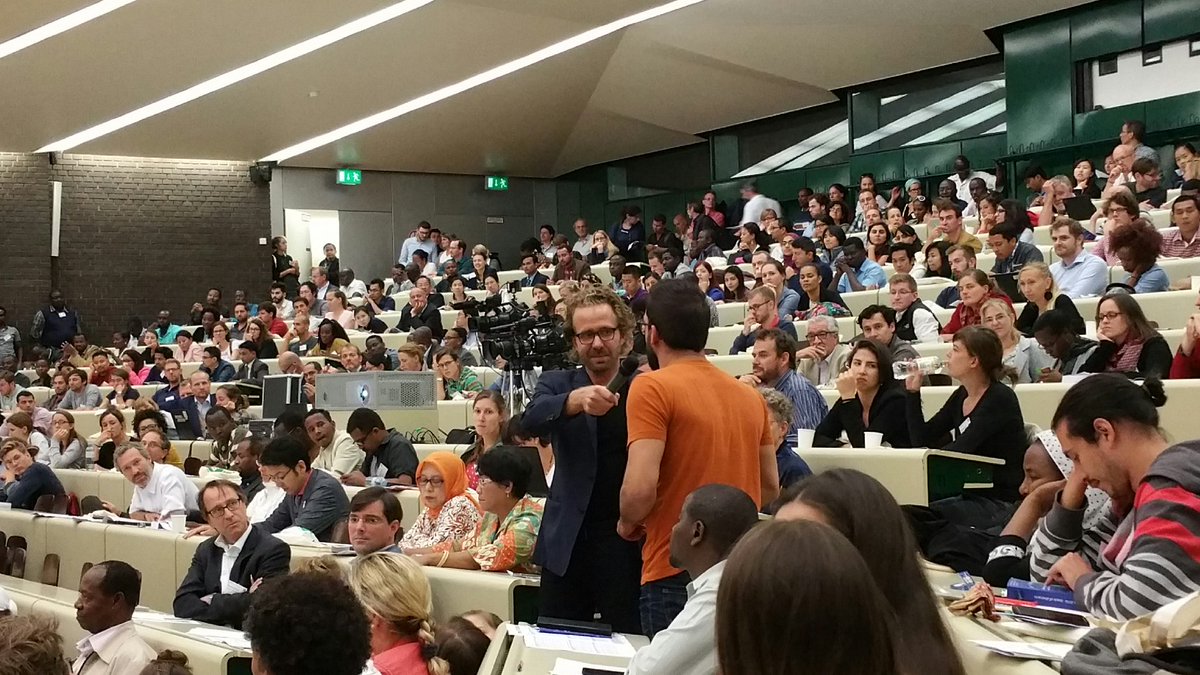 27 September 2016. Mountain View, California. Johannesburg schoolgirl Kiara Nirghin, 16, won the Google Science Fair's Community Impact Award for the Middle East and Africa with her submission "No More Thirsty Crops." The Google Science Fair is a global online science and technology competition for individuals and teams ages 13-18. Te Awards Show was streamed live on 27/09.
27 September 2016. Mountain View, California. Johannesburg schoolgirl Kiara Nirghin, 16, won the Google Science Fair's Community Impact Award for the Middle East and Africa with her submission "No More Thirsty Crops." The Google Science Fair is a global online science and technology competition for individuals and teams ages 13-18. Te Awards Show was streamed live on 27/09.Using orange peel and avocado skins, the precocious student created a super absorbent polymer (SAP) capable of storing reserves of water hundreds of times its own weight, forming reservoirs that would allow farmers to maintain their crops at minimal cost. The polymer has the added benefit of sustainability as it uses recycled and biodegradable waste products.
"Kiara found an ideal material that won't hurt the budget in simple orange peel, and through her research, she created a way to turn it into soil-ready water storage with help from the avocado," Andrea Cohan, program leader of the Google Science Fair.Nirghin’s invention is sure to alleviate the effects of drought, not just in South Africa, but in several other countries around the world. It will also help countries manage the effects of climate change for years to come. As stated in her research report titled ‘Combatting drought with a Low-Cost, biodegradable Superabsorbent Polymer made out of orange peels,’ Nirghin discovered, that naturally occurring polymers exist in most citrus fruits.
"I started researching what an SAP was, and what they all had in common was a chain molecule polysaccharide. I found that orange peel has 64% polysaccharide and also the gelling agent pectin, so I saw it as a good (option). I used avocado skin due to the oil." Kiara NirghinThe teenager combined the skin and peel and left the mixture in the sun, where they reacted together to form the powerfully absorbent polymer. See the project




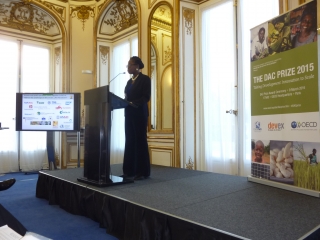
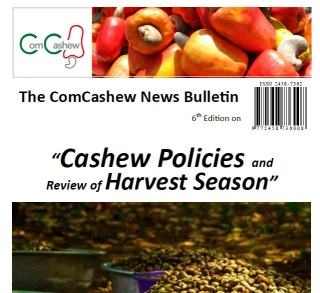






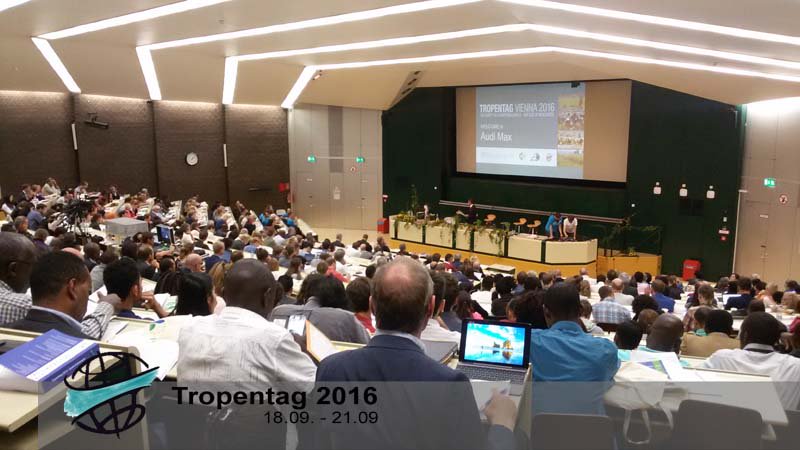
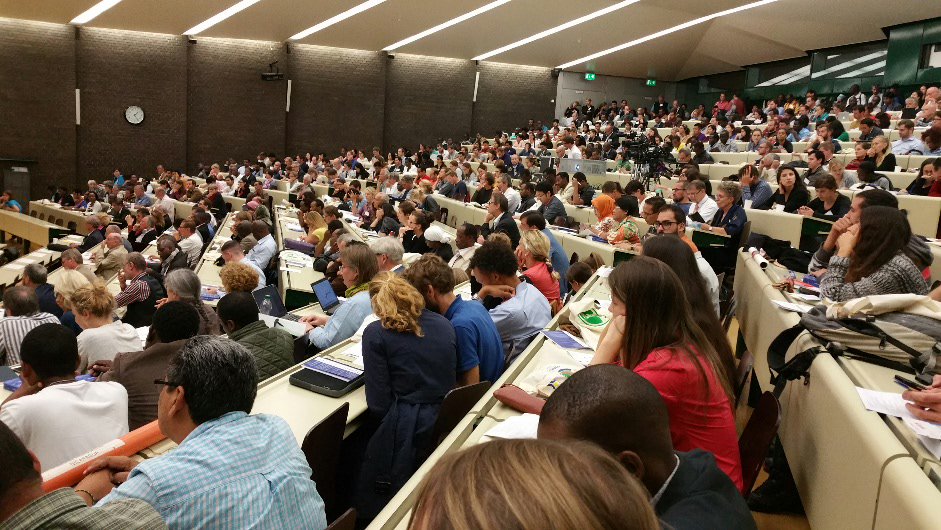


 —
— 